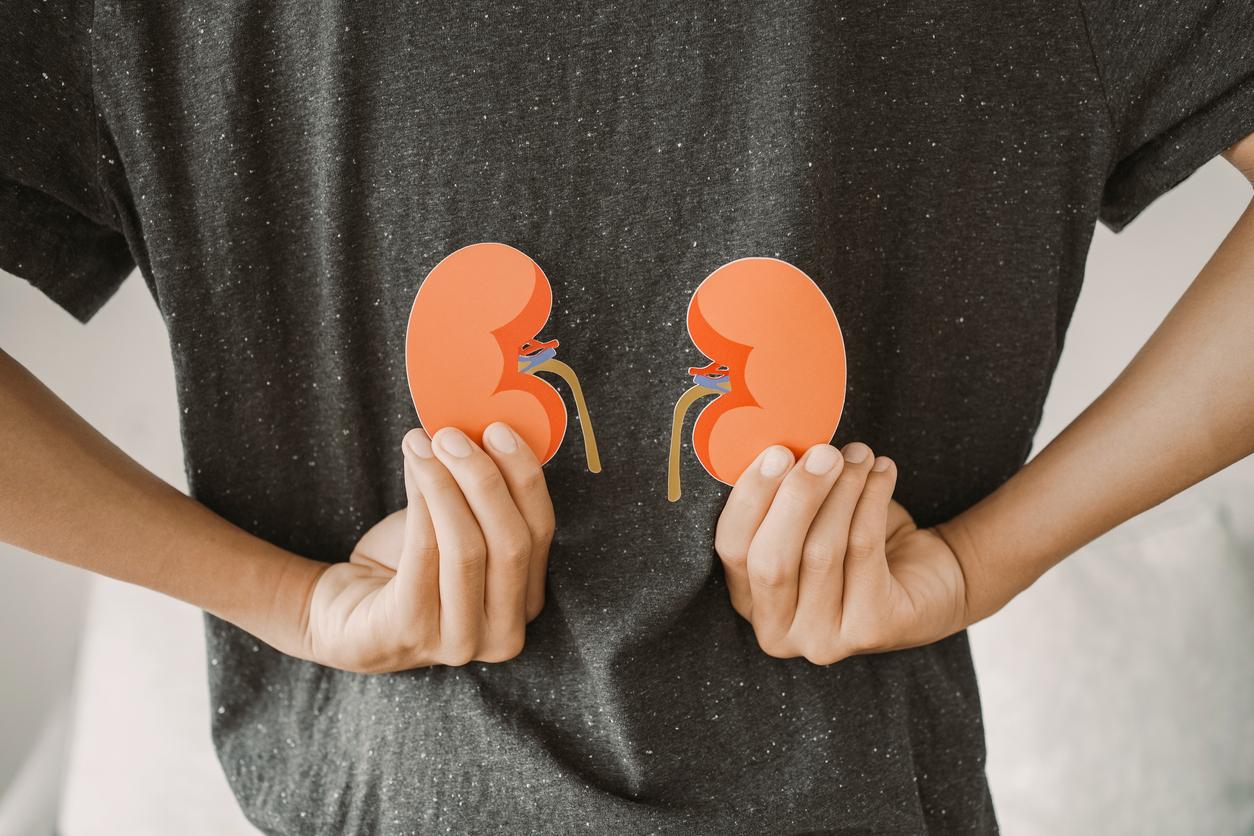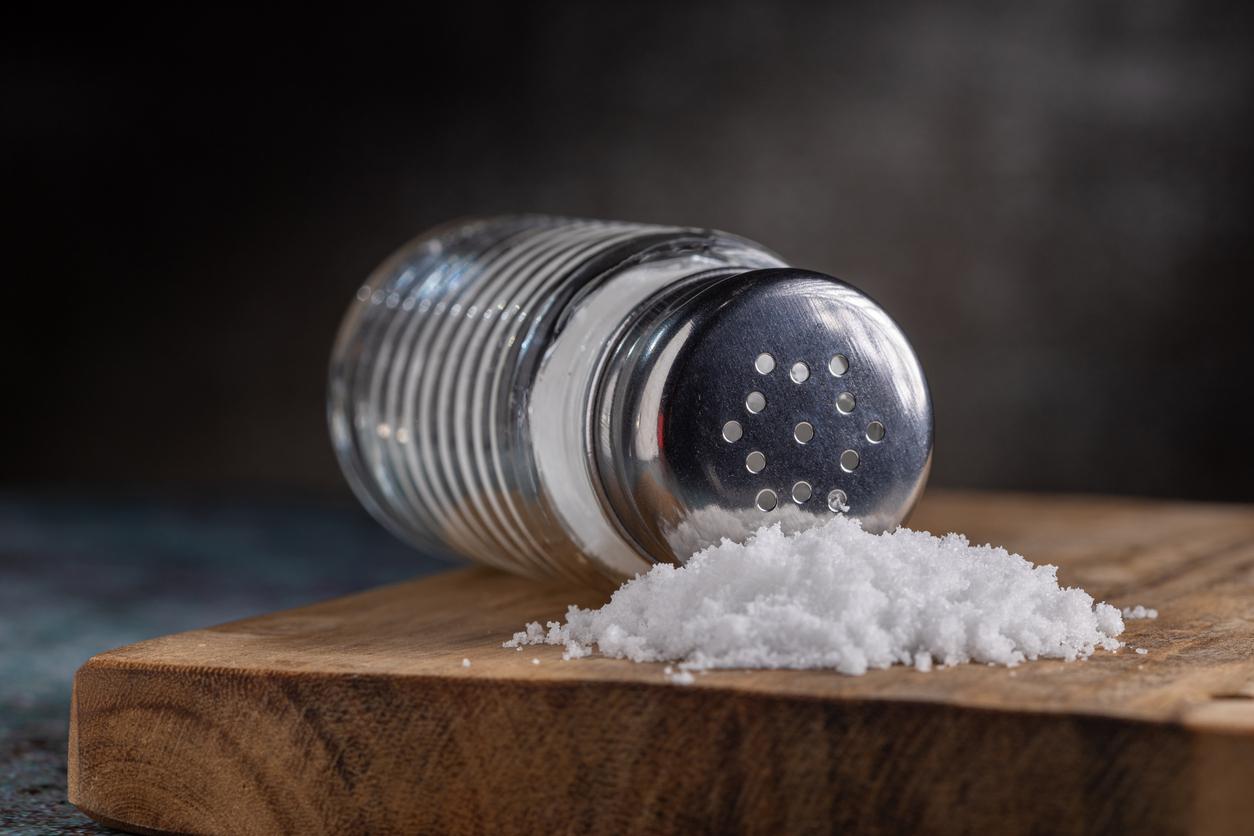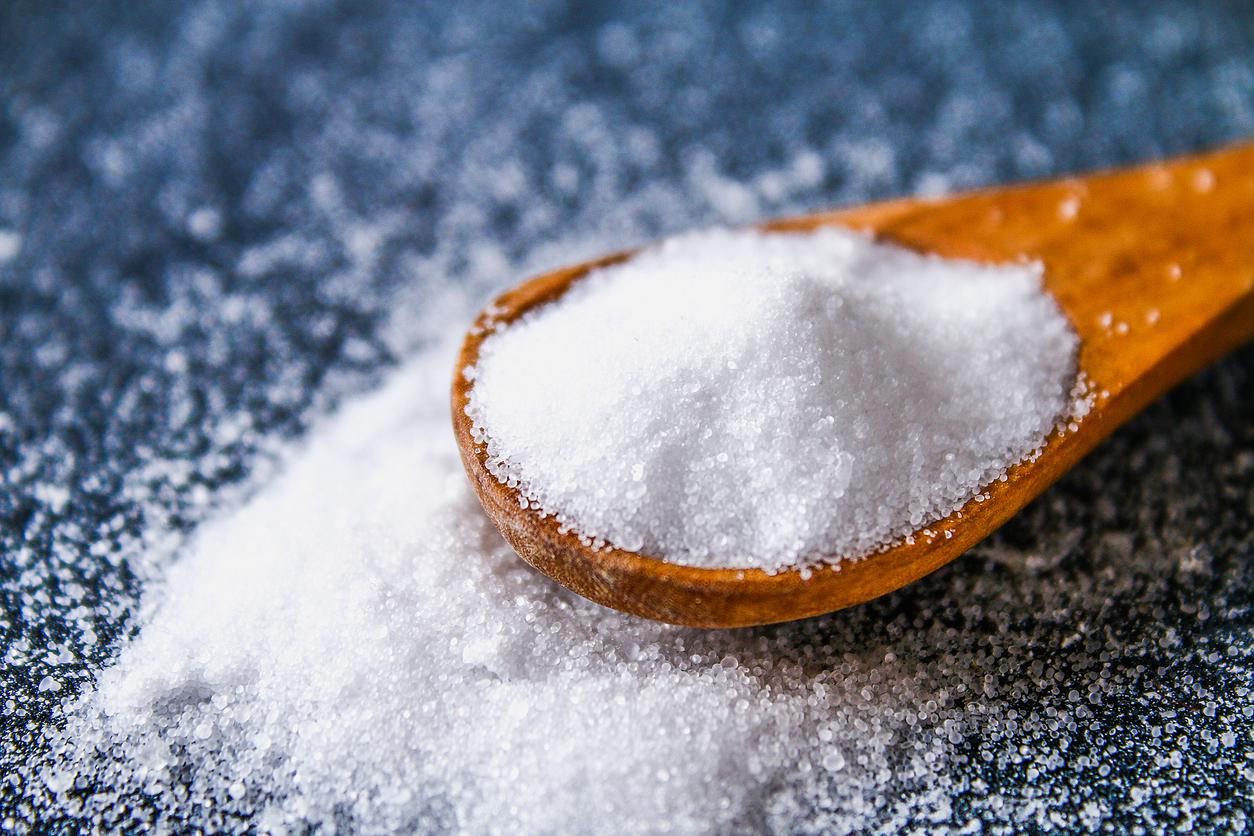May 8, 2007 – It is well known that reducing salt intake helps prevent high blood pressure.
In Blood Pressure Month, Canadian Researchers1 have shown that limiting sodium food additives (eg sodium nitrite or benzoate found in ready-made meals) could reduce the number of Canadians with high blood pressure by 1,000,000. They estimate that “doctor visits and laboratory costs would fall by 6.5%”. The direct savings to the public system are estimated at $ 430 million.
Less heart disease?
A diet reduced in sodium may also help decrease the incidence of cardiovascular disorders. This is indicated by the results of two clinical trials conducted in the United States by the same team of researchers from Harvard University.
They followed for 10 years to 15 years, more than 3,000 subjects who suffered from prehypertension2.3. Their blood pressure was high, but normal. They were, however, at risk of developing hypertension (see table below).
Participants who reduced their salt intake from 25% to 35% would have reduced their risk of developing a cardiovascular disorder by 25%, compared to those who did not change their usual diet.
Blood pressure in adults
|
Blood pressure level |
Systolic pressure measurement |
|
Diastolic pressure measurement |
|
Optimal |
115 mmHg |
AND |
75 mmHg |
|
Normal |
less than 120 mmHg |
AND |
less than 80 mmHg |
|
Prehypertension |
120-139 mmHg |
WHERE |
80-89 mmHg |
|
High |
|||
|
– Stage 1 |
140-159 mmHg |
WHERE |
90-99 mmHg |
|
– Stage 2 |
160-179 mmHg |
WHERE |
100-109 mmHg |
|
– Stage 3 |
180 mmHg and more |
WHERE |
110 mmHg and more |
See the Hypertension sheet for all the details.
Canadians and Salt
It should be remembered that a survey conducted in 2004 on the health of Canadian communities4 reveals that the daily sodium intake for all Canadians far exceeds the tolerable upper limit. They consume an average of 3,092 mg per day. According to medical authorities, the maximum tolerable intake for people 14 years of age and over is 2300 mg per day.
People who said they never add salt to their food still took an average of 2927 mg per day, which is still too much.
Pierre Lefrançois and Julie Fortier – PasseportSanté.net
Respond to this news on our Blog.
1. Estimate of the benefits of a population-based reduction in dietary sodium additives on hypertension and its related health care costs in Canada, Can J Cardiol Vol 23 No 6 May 1, 2007, 437-443. www.pulsus.com [format pdf. Consulté le 9 mai 2007].
2. Cook NR, Cutler JA et al. Long term effects of dietary sodium reduction on cardiovascular disease outcomes: observational follow-up of the trials of hypertension prevention (TOHP). BMJ. 2007 Apr 28; 334 (7599): 885. Epub 2007 Apr 20.
3. Subjects were between 30 and 54 years of age when they entered one of the two studies. One of the studies lasted 18 months and the other, 36 to 48 months. In both clinical trials, about half of the participants were shown to identify, choose, and cook low-salt foods. They were also asked to add less salt to their dishes. No indication was given on sodium intake to the other half of the participants.
4. Study: Salt intake, Canada, 2004. [Consulté le 7 mai 2007]. www.statcan.ca.

















